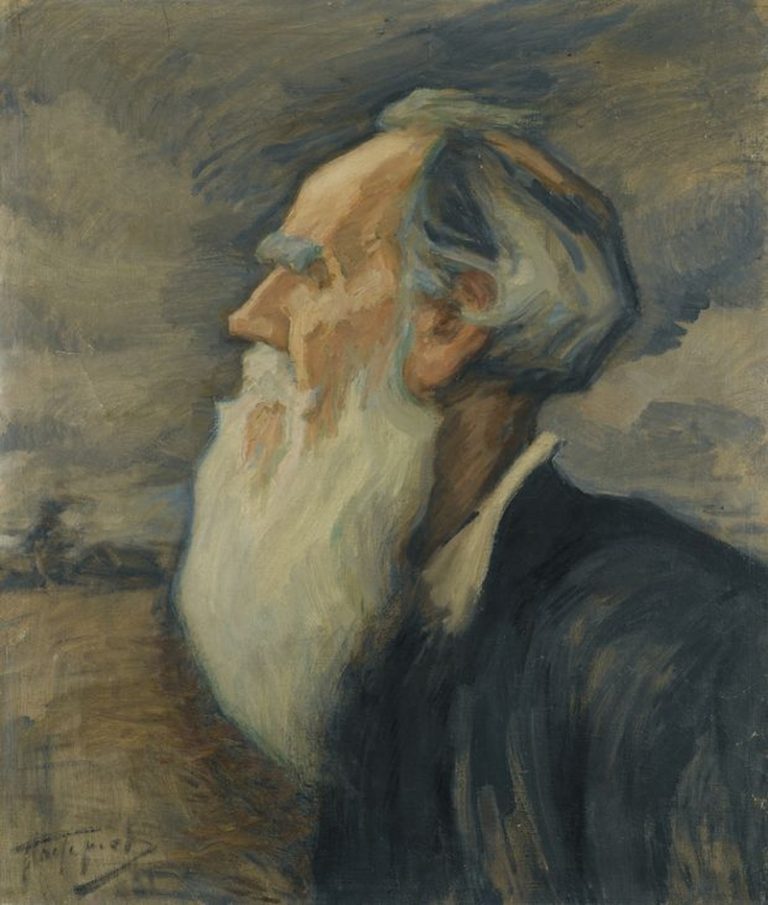Leo Tolstoy Archive
Written: 1908
Source: From RevoltLib.com
Transcription/Markup: Andy Carloff
Online Source: RevoltLib.com; 2021

But however much the blindness of those who believe in the necessity and inevitability of violence may strike me as strange, and however blatantly apparent the inevitability of nonresistance may be to me, it is not reasoned conclusions that convince me, or that can irrefutably convince other people, of the truth of nonresistance; it is only man’s awareness of his spirituality, the basic expression of which is love, that can convince. It is love, true love, which comprises the essence of man’s soul; that love which is revealed in Christ’s teaching, and excludes even the suggestion of any kind of violence.
Whether the employment of violence or the endurance of evil will be useful or harmful I do not know, and no one knows. But I do know, as every person knows, that love is well-being; the love of others for me is a blessing and still more is my love for others. The supreme bliss is my love for others, and not only for those who love me, but as Christ said, for those who hate me, offend me, and commit evil against me. However strange these things may sound to someone who has not felt this, it is so, and when you think about it and experience it you are only surprised at how you could ever have failed to understand it. Love, true love, love that denies itself and transfers itself to another, is the awakening within oneself of the highest universal principle of life. But it is only true love and affords all the happiness it can give when it is simply love, free from anything personal, from the smallest drop of personal bias towards its object. And such love can only be felt for one’s enemy, for those who hate and offend. Thus, the instruction to love not those who love us, but those who hate us, is not an exaggeration, nor an indication of possible exclusions, but just an indication of that opportunity and possibility of receiving the supreme bliss that love gives. That this must be so follows logically and one only needs to experience it to be convinced. And then instances of offense and assault become valuable and desirable. And thus, having perceived the essence of the human soul, we see that it works in such a way that responding to evil with evil makes it suffer, whereas responding to evil with love leads to the highest attainable bliss.
Therefore, all nonviolent resistance to evil brings well-being. And this well-being, by sublimating the personality, leads to the greatest bliss and also destroys the scarecrow which evokes resistance: the fear of death.